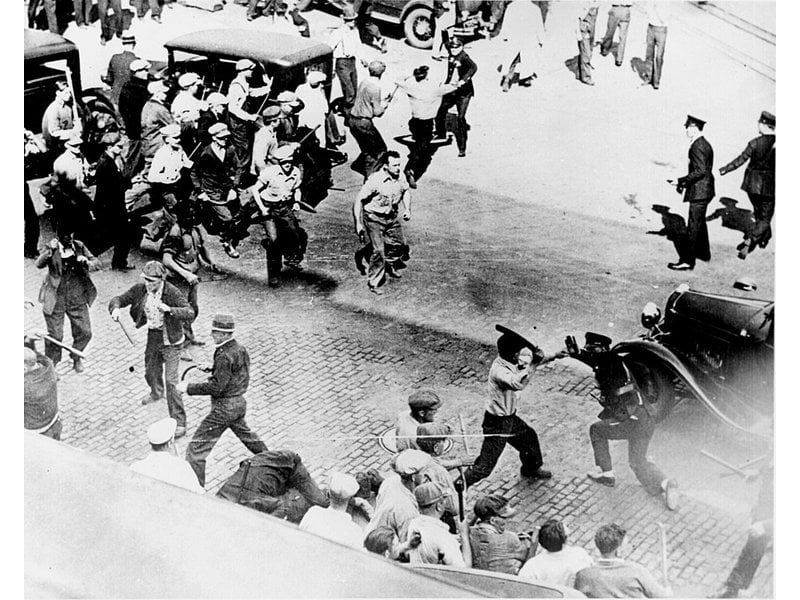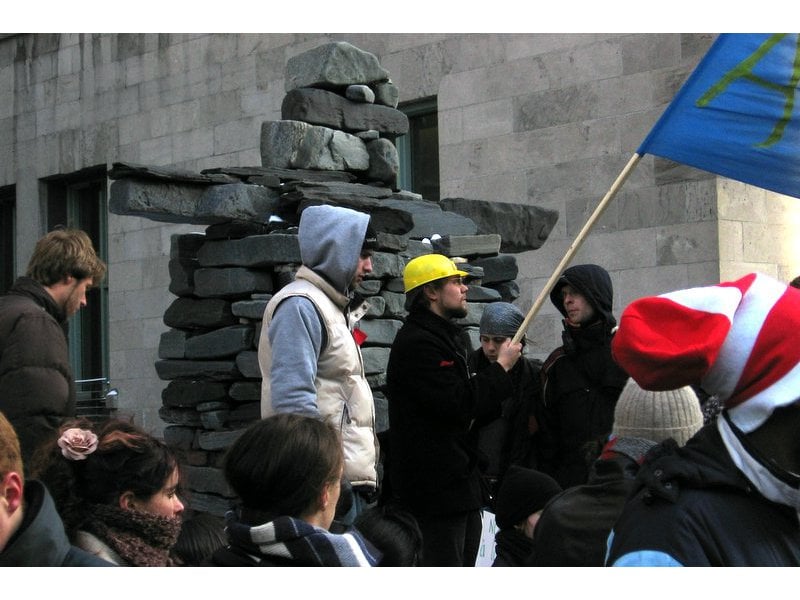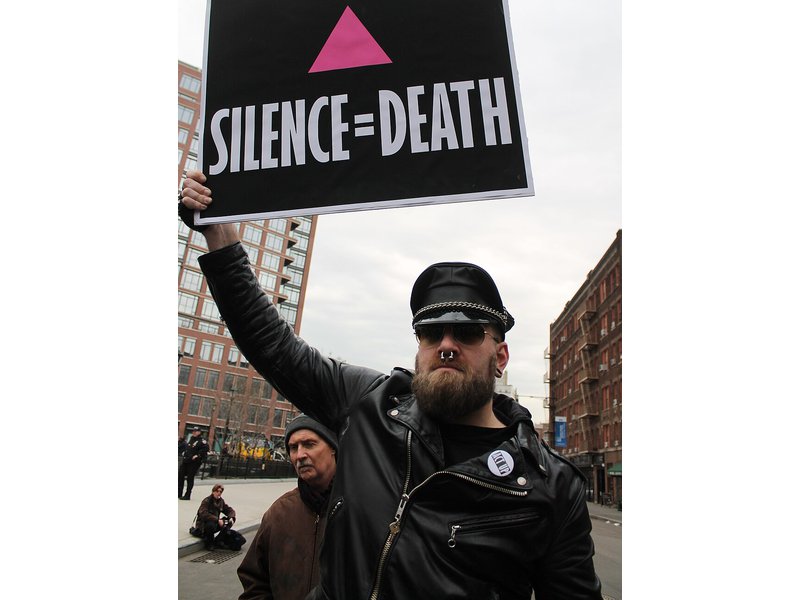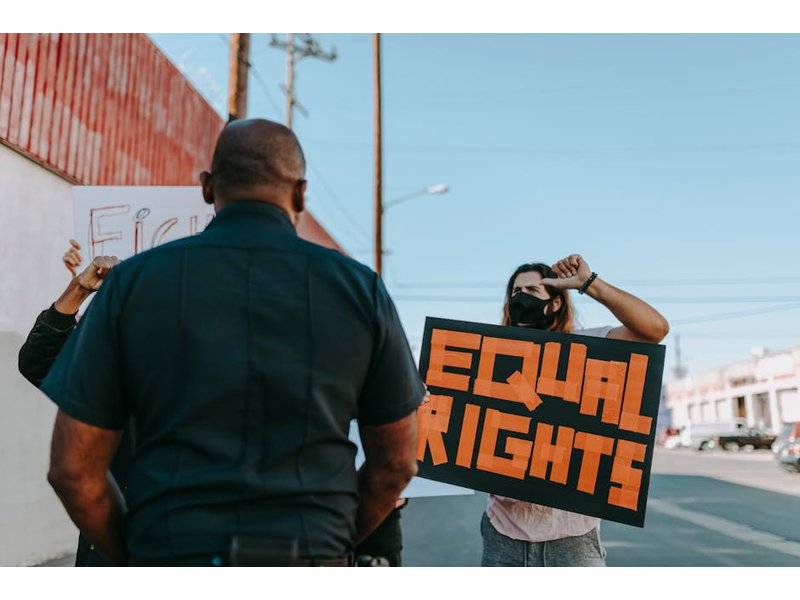040 religious processions
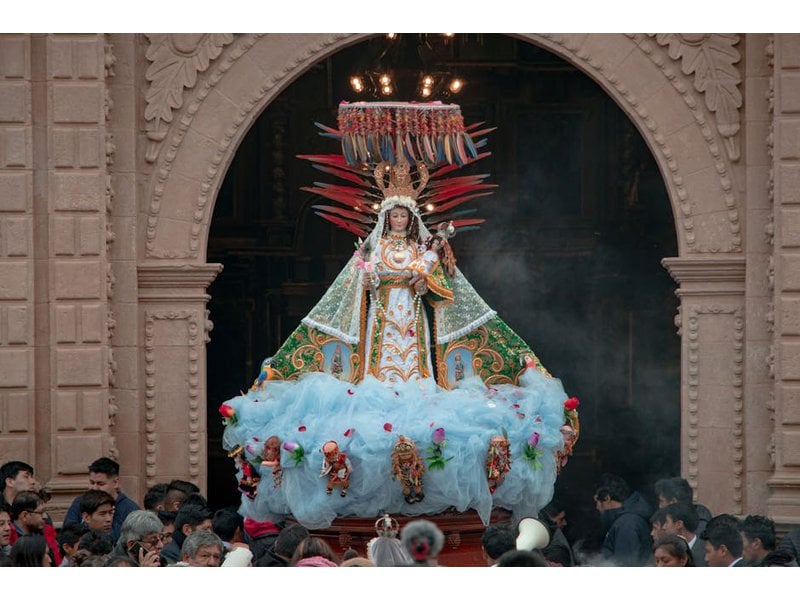
"A religious procession as a method of nonviolent action has the general characteristics of a march or a parade, plus certain religious qualities, which may take such forms as carrying religious pictures or symbols, singing religious songs, and significant participation by clergy and monks. The degree of religious as compared to other motivations may vary. In mid-nineteenth century China, following a serious flood in Kiangsu, a member of the gentry in Kaoyu district aroused the city’s people to demand relief from the government, in defiance of the governor’s order to the contrary. “The people gathered, refused to open their shops for trade, carried statues of the gods about the streets, and disturbed the yamen [government officials].” 187"...
Potentially problematic matches
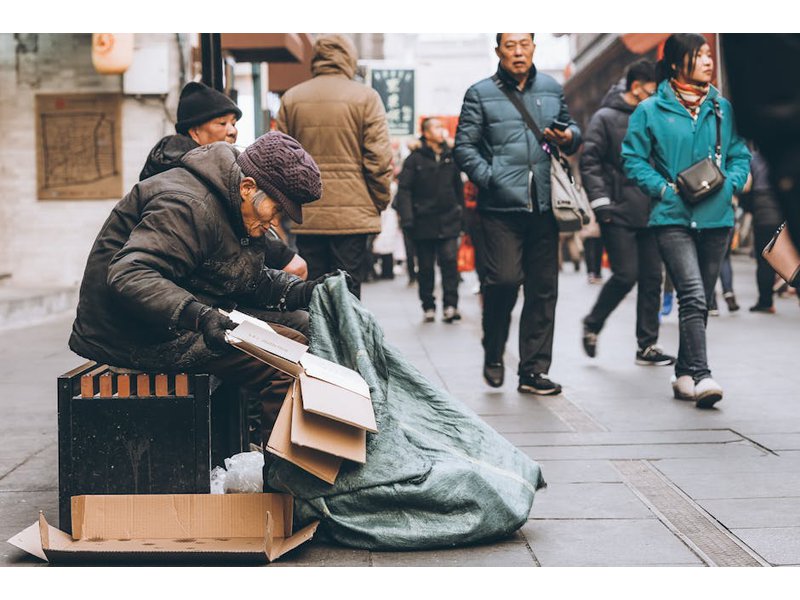
High scoring campaigns using this method
Historical cases from the Nonviolent Action Database that used this method
Chinese elites and commoners use city gods and direct action to hasten flood relief, Qing China, 1742
During the 1740s, early modern China was undergoing a profound transformation. After decades trying to recover from the turbulent transition from the Ming dynasty to the Qing dynasty, a new era of stability was descending upon the empire, allowing fo...
Earth Quaker Action Team Campaigns Against PNC Bank for Financing Mountaintop Removal Coal Mining 2010-2015
The Earth Quaker Action Team’s first campaign, BLAM! (Bank Like Appalachia Matters!) began on 18 February 2010. Ingrid Lakey, Board Member of EQAT, sent a letter to PNC Vice President Jean Caulfield, which described the health and environmental dange...
Lebanese campaign for democracy (Independence Intifada or Cedar Revolution), 2005
On February 14, 2005, a massive car-bomb explosion rocked Beirut, Lebanon, which killed twenty-two people, including former prime minister and leader of the opposition parties Rafiq Hariri. Suspicions were high that Syria, which had occupied Lebanon ...
Native American and environmentalist groups block nuclear waste site in Ward Valley, California, 1995-2000
In March of 1988, U.S. Ecology, a national dump operating company, decided upon Ward Valley, California as the most desired location for building a new nuclear waste dump. Because this was federal land in the state, the government of California neede...
Serbians win reinstatement of elected opposition members, 1996-1997
The 1996-1997 protests in Serbia were an important step forward in the expressing the voice of the Serbian people and laid the groundwork for a broad, popular nonviolent movement that would eventually lead to the overthrow of longtime Serbian dictato...
Iranians overthrow the Shah, 1977-79
Agitation in Iran was visible by May 1977 in predominantly intellectual circles. A group of lawyers—upset by the government’s interference in the judiciary—drafted a strongly worded manifesto chronicling the legal abuses that had occurred under the S...
Guatemalans refuse to serve in civil patrols, 1988-1993
From 1961 to 1996 Guatemalans endured a bloody civil war. During this conflict the military-controlled government fought the leftist guerillas or the Guatemalan National Revolutionary Unity (URNG). These groups fought each other for political control...
U.S. civil rights activists campaign for federal government action, 1957-63
In 1957 A. Philip Randolph and Bayard Rustin initiated a campaign to pressure the U.S. government to intervene for the civil rights of African Americans.\n\nRandolph, 68, was the acknowledged “elder” among civil rights leaders, with a base in the lab...
Burmese citizens campaign for democracy, 1988
By the year 1988, political, social and economic life in Burma was under the repressive military rule of the Burma Socialist Program Party (BSPP), headed by General Ne Win. Since the military coup in 1962, the Burmese had been subjected to extreme so...
Mayan pacifist group Las Abejas pressures Chiapas military base to close, 2000, Mexico
Las Abejas is a Christian pacifist group of about 6,000 Tzotzil Maya indigenous people who live in Chiapas. Las Abejas means "The Bees" in Spanish, reportedly indicating the value of collective work and life that shares the honey with those who need ...
Low scoring campaigns using this method
Historical cases from the Nonviolent Action Database that used this method
